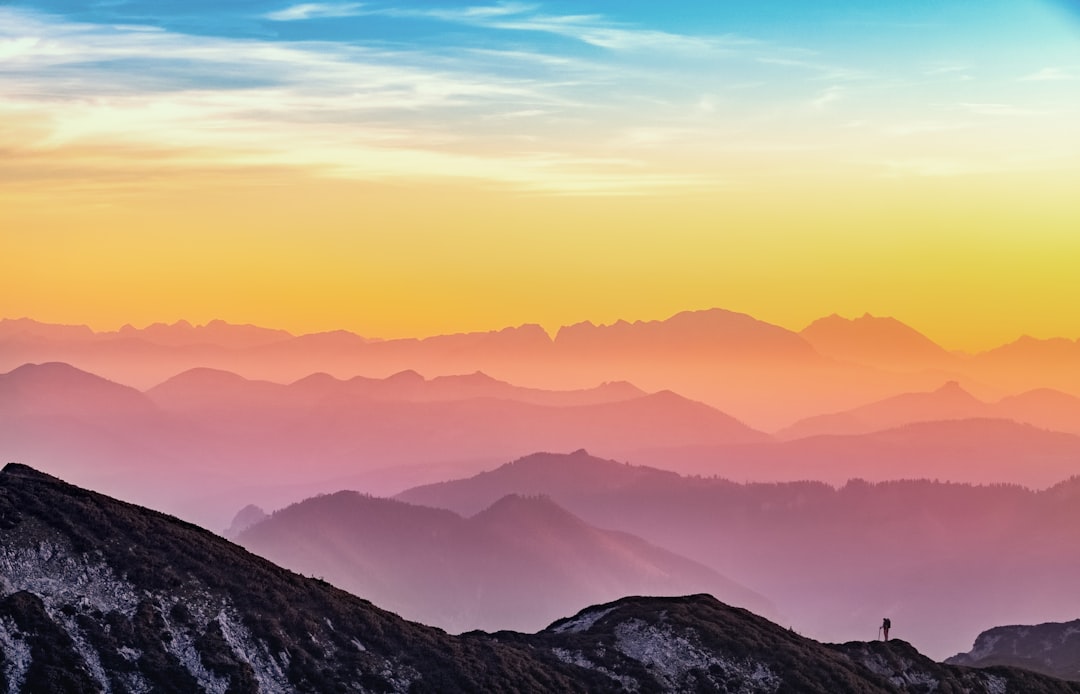
In our fast-paced world, where everyone seems to be in a hurry, slow travel emerges as a refreshing alternative that invites us to pause, breathe, and truly experience the essence of a destination. Imagine this: rather than zipping from one landmark to another, you linger longer in a quaint village, strike up a conversation with a local artisan, or take an impromptu hike in a lush forest.
Slow travel is not just about moving at a leisurely pace; it’s about embracing a mindset that values depth over breadth. By staying in one place for a longer period, you not only save money but also reduce your carbon footprint—a win for your wallet and the planet.
Budget-friendly and eco-conscious, slow travel encourages you to opt for trains, buses, or even cycling over flights. This choice not only lessens your environmental impact but also allows you to witness landscapes unfolding slowly, offering an ever-changing view that flights simply can’t compete with.
Staying in one location longer also means you can negotiate better rates on accommodation. Whether you choose a cozy Airbnb or a charming hostel, many hosts offer discounts for extended stays. Plus, with the extra time, you can cook your own meals using fresh, local ingredients, further stretching your budget.
But slow travel is not just a series of cost-saving hacks; it’s an invitation to connect deeply with a place and its people. By engaging with locals, you uncover stories and insights that no guidebook can offer. You learn about hidden gems off the beaten path, partake in local festivals, or even learn a few words of the native language.
Moreover, slow travel offers psychological benefits. It reduces travel stress and enhances mindfulness, allowing you to appreciate the small, often overlooked details—like the way sunlight dances on a river or the sound of children playing in a distant alley. It transforms travel from a checklist of sites to a rich tapestry of experiences.
Emerging trends in slow travel include voluntourism, where travelers spend time volunteering in the communities they visit. This not only fosters a deeper connection with the destination but also leaves a positive impact.
Whether you’re exploring the winding streets of a European village or the expansive landscapes of a national park, slow travel teaches you to savor the journey, not just the destination. So, next time you plan a trip, consider slowing down. Embrace the unknown, and let the world reveal its secrets at its own pace.